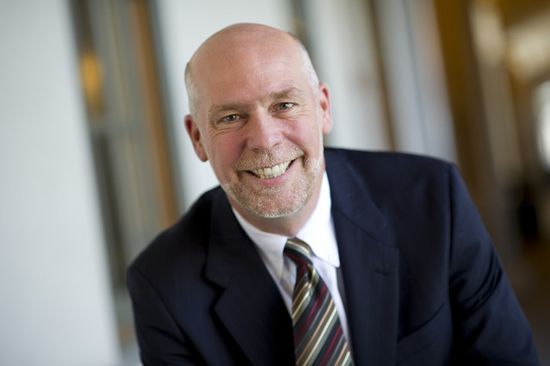Weighing a Donor's Philanthropic History: When Should a Recipient Say "No Thanks?"
/
Who knew that an imbroglio surrounding a relatively small gift in Bozeman, Montana, could stand in as a case study for many of modern philanthropy's complexities and ambiguities?
That was our initial reaction upon learning that an advocacy group has called upon the Montana University System Board of Regents to refuse an $8 million gift to Montana State University from Greg Gianforte, the Republican gubernatorial candidate running against incumbent Democrat Steve Bullock.
Indeed, many of the thornier elements of big donor giving are in play here, including a donor's political persuasions, the financial struggles of public universities, and far trickier concepts like balancing need versus some of the potentially unsavory elements surrounding a gift.
It's a heady stew, so let's start from the beginning.
Fact number one. Greg Gianforte is an American engineer and businessman. In 1997, he and his wife Susan founded RightNow Technologies, a customer-experience software company that was sold to Oracle Corporation for $1.5billion in 2011.
In 2006, he and his wife founded the Gianforte Family Foundation. The foundation's primary mission is to "support the work of Christian organizations engaged in education, poverty, and outreach work" and "protecting the unborn." As such, it has donated millions to Christian and conservative groups including Focus on the Family and the Heritage Foundation.
Which bring us the Gianfortes' $8 million gift to MSU's Department of Computer Science. The department will be renamed the Gianforte School of Computing and a classroom in the College of Engineering will be called the Gianforte Auditorium.
Forward Montana, a left-leaning advocacy group that called upon the board to refuse the donation given Gianforte's philanthropic history. "Accepting funds from individuals whose values don't align with the publicly stated values of the university is troubling and sends the wrong message to our young people," said Rachel Huff-Doria, executive director of Forward Montana, in a statement.
In particular, Forward Montana points to the Gianfortes' support for the Family Research Council, identified by the Southern Poverty Law Center as a "hate group with an agenda against people who are LGBTQ."
OK, so what to make of all of this?
First off, there's the controversy surrounding Gianfortes and their philanthropic history. Unlike other gifts, which might cause recipient organizations to soberly consider the source of a donor's wealth, the Gianforte give is another animal entirely. No one is questioning the morality of how the couple created their fortune. They built a technological platform that tickled Larry Ellison's fancy. Rather, Forward Montana's concern is the Gianfortes' philanthropic track record, namely its previous recipients.
And yet during a time in which philanthropists are bankrolling free tuition and scholarships at private schools and Ivy League schools sit on massive endowments, public universities are struggling to stay afloat. Forward Montana acknowledges this, noting that the in state support for the Montana University System over the past three decades has "forced university administrators to turn toward dollars from private philanthropists."
Needless to say, the Gianfortes' gift would certainly help the beleaguered system. According to Kevin McRae, deputy commissioner of communications for the Montana Office of the Commissioner of Higher Education, the gift would create faculty positions in the computing program, create summer internships for computer students, and provide funds for faculty to expand the computing curriculum.
Lastly, there's the issue of Gianforte being a candidate for governor while simultaneously showering the state university system with cash.
What's it all mean?
Moving forward, both donors and recipients organizations alike should expect more of this, especially as modern philanthropy sheds its black-box-like tendencies and becomes more transparent.
In other words, it's becoming increasingly clear that people not only care about how a donor made his or her fortune, but also how they've spent that fortune.
Related: Does It MatterWheretheMoney Came From? Philanthropy and theSources of Wealth








